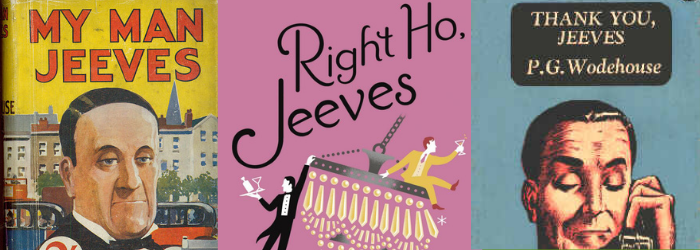“At the age of eleven or thereabouts women acquire a poise and an ability to handle difficult situations which a man, if he is lucky, manages to achieve somewhere in the later seventies.”
“This was not Aunt Dahlia, my good and kindly aunt, but my Aunt Agatha, the one who chews broken bottles and kills rats with her teeth.”
“I could see that, if not actually disgruntled, he was far from being gruntled.”
[On Roderick Spode, 7th Earl of Sidcup] “It was as if Nature had intended to make a gorilla and had changed its mind at the last moment.”
“Honoria, you see, is one of those robust, dynamic girls with the muscles of a welter-weight and a laugh like a squadron of cavalry charging over a tin bridge.”
“He had the look of one who had drunk the cup of life and found a dead beetle at the bottom.”
“Unseen in the background, Fate was quietly slipping lead into the boxing-glove.”
“There is only one cure for grey hair. It was invented by a Frenchman. It is called the guillotine.”
“Sir Roderick Glossop’s daughter, Honoria.”
“No, no!” I cried, paling beneath the tan.
“Don’t be silly, Bertie. She is just the wife for you.”
“Yes, but look here——”
“She will mould you.”
“But I don’t want to be moulded.”
Aunt Agatha then gave me the kind of look she used to give me when I was a kid and had been found in the jam cupboard.”
“The fact that he was fifty quid in the red and expecting Civilization to take a toss at any moment had caused Uncle Tom, [to] look a bit like a pterodactyl with a secret sorrow…”
-P.G. Wodehouse
In Pioneer’s ongoing series of blogs here, here, here, and here on curricular resources for parents, families, and teachers during COVID-19, this one focuses on:
Celebrating the Comic Genius of P.G. Wodehouse
“I just sit at my typewriter and curse a bit,” is how the prolific 20th-century British comic novelist P.G. Wodehouse (nicknamed “Plum”) described his writing process. Across 70 years in the early-to-late 20th century, he authored 100 hilariously witty and satirical novels and numerous short stories. He even wrote plays, movie scripts, songs, screenplays, and co-wrote the book for the Broadway musical, Anything Goes. Wodehouse was the greatest comic literary figure in the English language over the last hundred years.
Fellow British writers and peers, including George Orwell and Evelyn Waugh, considered him among England’s greatest contemporary craftsman of our words. His biographer, Robert McCrum, reveals Wodehouse first read Homer’s Iliad as a six-year-old and he reread Shakespeare’s entire works annually as an adult. His knowledge of ancient history, English poetry, and Anglo-American sports and jazz slang, was encyclopedic. He interwove timelessly beautiful ideas and wisdom throughout his stories. Unlike many writers, he loved to carefully revise and edit his own works, which is why they are so smoothly written and lively.
Wodehouse also taught the English-speaking peoples to laugh throughout the 20th century. This was particularly important since he was writing in the years following the carnage of the First World War, the millions of deaths from the 1918 Flu Epidemic, the horrors of World War II, and the palpable decline of the British Empire. Wodehouse coined clever words found in the Oxford English Dictionary, including: “Gruntled,” an adjective meaning ‘satisfied’ or ‘contented’; “Pottiness,” the noun form of the adjective ‘potty’; “Snooter,” a verb meaning to ‘harass’ or to ‘snub; and “Whiffled,” an adjective that means ‘drunk’ or ‘intoxicated’.
Plum’s 1920s-’30s fictitious masterpieces were his silly, whimsical satires about Reginald Jeeves and Bertie Wooster. Jeeves is a brilliant Edwardian valet (described by Wodehouse as “a gentleman’s personal gentleman”), while Bertie is a goofy, idle-rich young chap. Jeeves is the unlikely hero whose personality and intellect are modeled after Sherlock Holmes. He knows and reads everything and runs Bertie’s life. Jeeves uses his clever analytic mind to solve the sit-com style mishaps of Bertie, his goofball friends, and the wacky, eccentric extended Wooster family. These characters and tales of lunacy and folly inhabit a pleasant, light-and-sunshine world that’s like a comedy version of Downtown Abbey. In Wodehouse’s fantasy version of England, in which the jokes are most always on the daffy aristocrats, nothing bad ever happens. These books are good for young people because the writing style is superb, they’re non-political, there’s no foul language, nothing is inappropriate, and there are no villains, except for Plum’s favorite comedic foils – Bertie’s scheming aunts.
“As a rule, you see, I’m not lugged into Family Rows. [Those] occasions when Aunt is calling Aunt like mastodons bellowing across primeval swamps…,” P.G. Wodehouse wrote mischievously. Across our society, in schools, and the policy world, we all need to better appreciate that good education should be more than the bad daily news, dry texts, and tedium of the information age.
Life and writing can and should be playful, witty, light, fun, and make us smile. This is particularly important during the hard realities and sometimes loneliness of COVID, lockdowns, masks, and the increasingly stilted use of language today. To provide some much-needed comic relief and to help people of all age groups glory in the English language, take ourselves less seriously, and laugh more – please enjoy the world of P.G. Wodehouse!
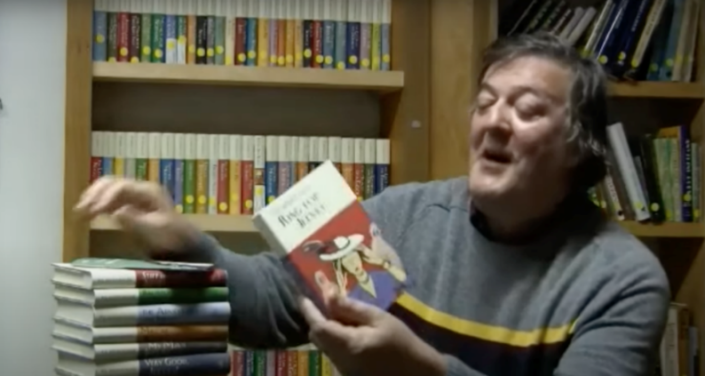
Video: Stephen Fry on P.G. Wodehouse

Sir P.G. Wodehouse

Jeeves
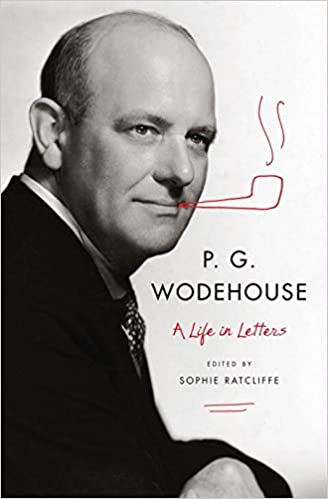
P. G. Wodehouse: A Life in Letters, by P. G. Wodehouse (Author) and Sophie Ratcliffe (Editor)
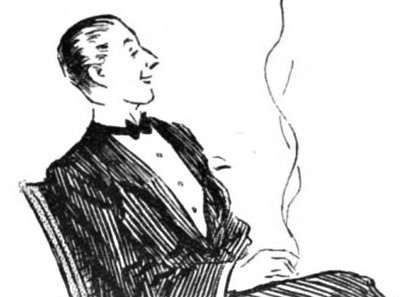
Bertie Wooster
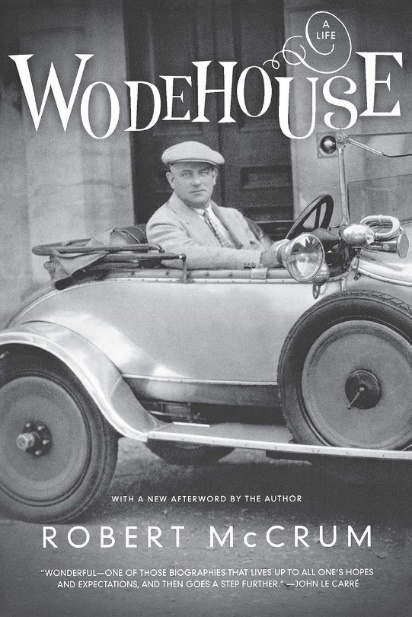
Wodehouse: A Life, by Robert McCrum
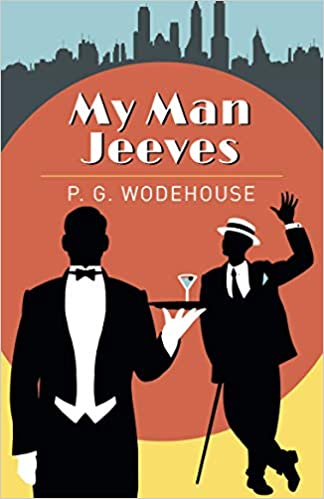
My Man Jeeves, by P.G. Wodehouse, 1919

The Inimitable Jeeves, by P.G. Wodehouse, 1923

“Forty-Seven Ginger-Headed Sailors,” by Jack Hylton and His Orchestra, 1927

Valet
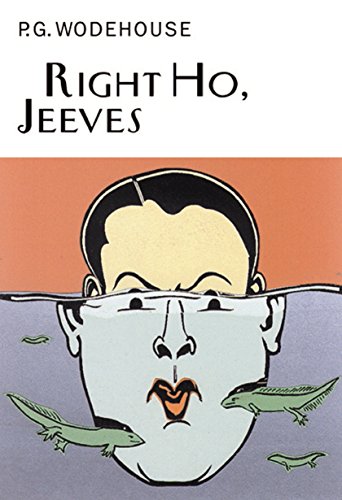
Right Ho, Jeeves (Collector’s Wodehouse), by P.G. Wodehouse, 1934

Jeeves & Wooster: The Complete Series (DVD Box Set), Hugh Laurie (Actor) and Stephen Fry (Actor)
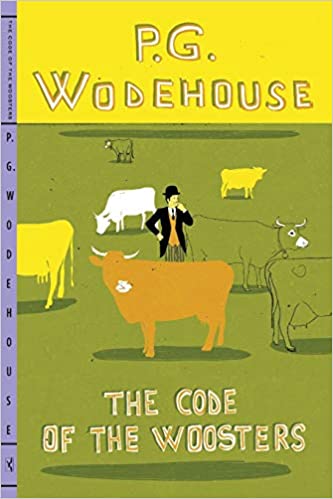
The Code of the Woosters, by P.G. Wodehouse, 1938

P.G. Wodehouse – Plum – Bookmark, BBC Documentary
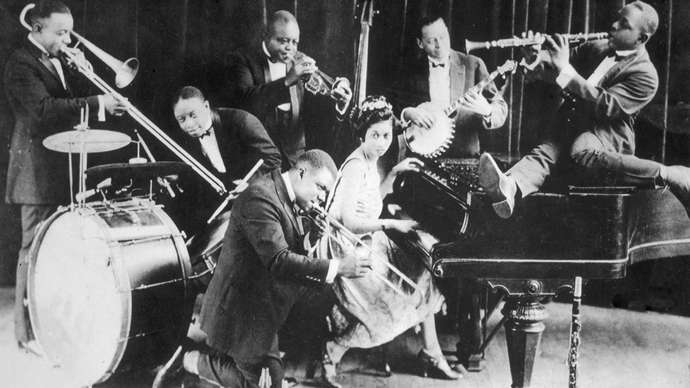
Dixieland Jazz

Wodehouse: A Life, Robert McCrum, C-SPAN Book TV, Boston Athenaeum
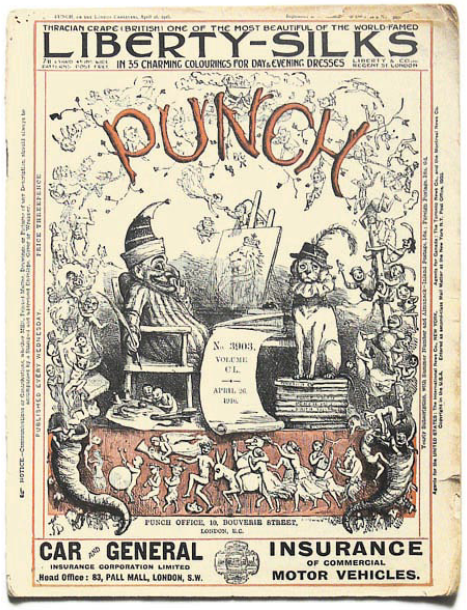
Punch (magazine)

Anything Goes, by Guy Bolton and P. G. Wodehouse and music/lyrics by Cole Porter
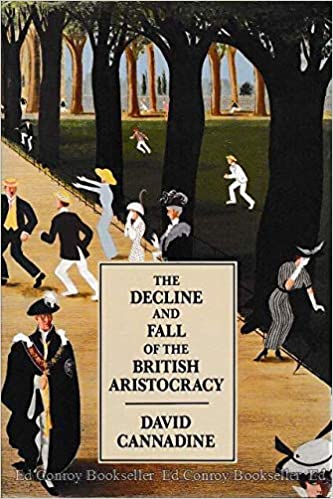
The Decline and Fall of the British Aristocracy, by David Cannadine

Put it on the Ritz, by Irving Berlin and performed by Harry Richman & Fred Astaire

Tea

Thank You, Jeeves!, by P.G. Wodehouse, 1934

“Jeeves & Wooster Theme,” by Anne Dudley
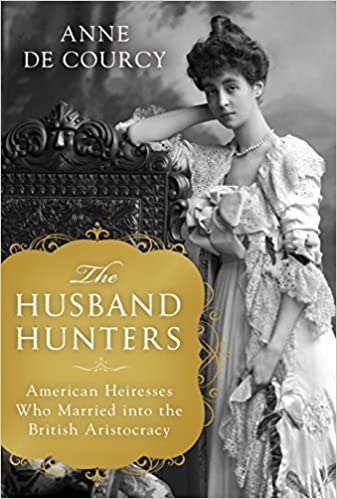
The Husband Hunters: American Heiresses Who Married into the British Aristocracy, by Anne de Courcy

“Oh By Jingo!” (also “Oh By Jingo! Oh By Gee You’re The Only Girl For Me”), by Albert Von Tilzer with lyrics by Lew Brown, 1919 (performed by the St. Louis Ragtimers)
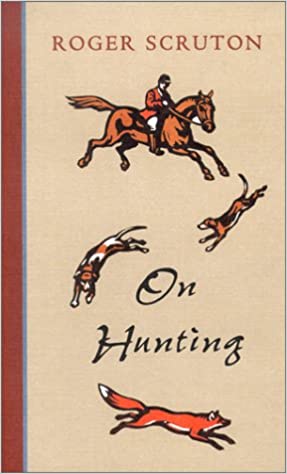
On Hunting, by Roger Scruton
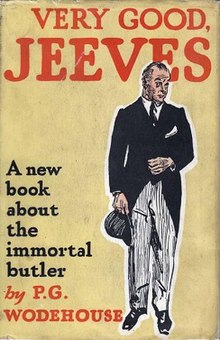
Very Good, Jeeves, by P.G. Wodehouse, 1930

Downton Abbey: Complete Limited Edition Collector’s Set (DVD)
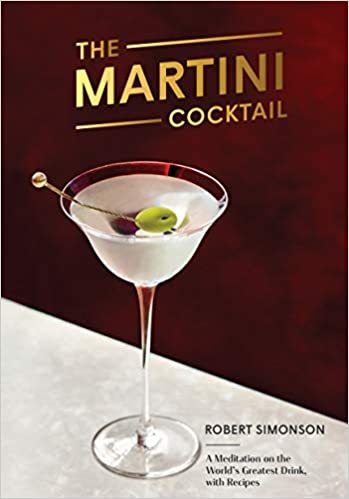
The Martini Cocktail: A Meditation on the World’s Greatest Drink, with Recipes, by Robert Simonson

Ask.com (originally known as Ask Jeeves)


